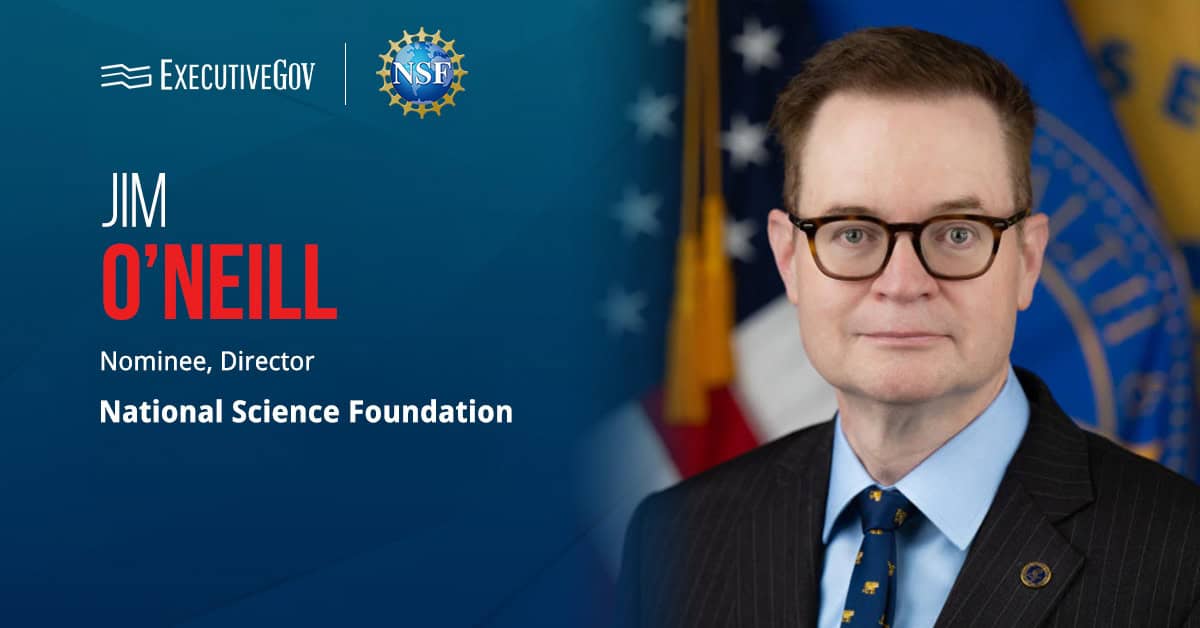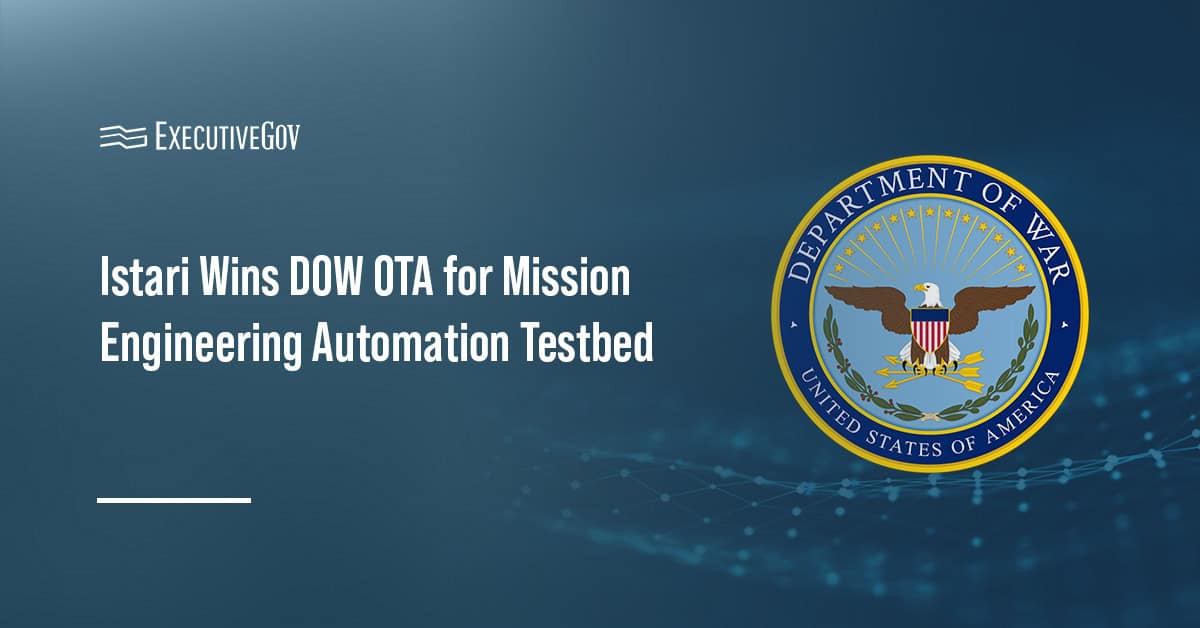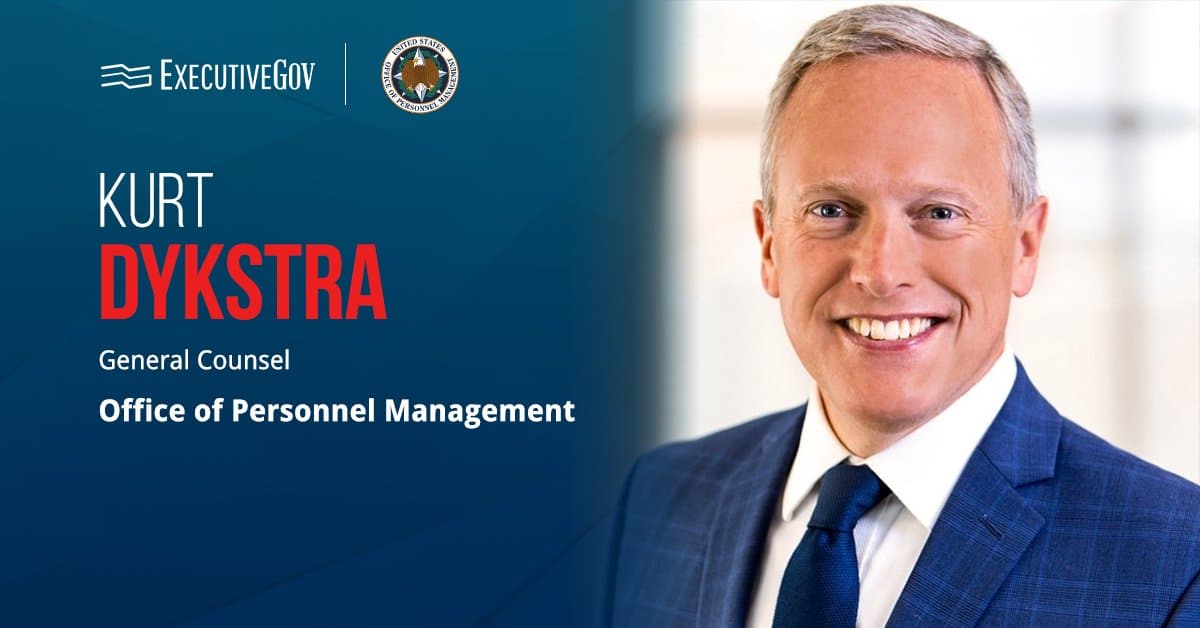Erin Hayes, who most recently oversaw the Department of Homeland Security’s cybersecurity authority program, has been named director of DHS Cyber Talent Management System (CTMS) operations.
She will oversee a federal personnel system designed to help the department hire and retain professionals who can protect the country’s critical infrastructure from threats in the cyber domain.
DHS aims to attract personnel to join its Cybersecurity Service through CTMS’ simplified hiring processes, competitive compensation structures and career development opportunities.
Hayes joined DHS in March 2007 as a manager and worked at George Washington University as an adjunct faculty member from 1999 to 2016.





